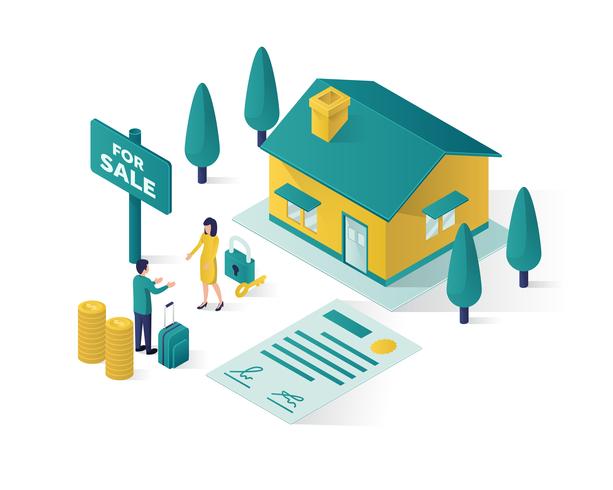Inheriting a house is often a silver lining arising from an otherwise sad situation. However, it’s also a huge responsibility. You become accountable for any bills or debts left by the previous homeowner. Furthermore, if you’re not the only beneficiary of the home, deciding what to do with it can be a source of conflict.
Usually, the best thing to do with an inherited house is to sell it, especially if there are other beneficiaries. Selling the home absolves you all of any liabilities associated with the home, and it’s a chance for all beneficiaries to a boon to their finances. Selling an inherited house can be difficult, which is why we’ve put together this short guide to make the process a little easier for you.
Find out the home’s financial status.
People often find out the hard way that when you inherit an estate, you also inherit its debt. If the home still has a mortgage or a lien against the property, those become your bills. Even if the house is paid in full, you have to pay property taxes and maintenance costs.
If there’s a mortgage on the home, you’ll definitely want to make a quick sale to avoid having to pay that mortgage and your own. However, you and the other beneficiaries will only receive whatever is left from the sale after the mortgage lender has recouped its investment.
Hire contractors for repairs and to ensure the home is up to code.
Another thing that makes selling inherited houses difficult—aside from sentimental value—is that they often need extensive repairs. It’s easy for older homeowners to miss minor malfunctions in the home, and they often don’t have money for major repairs. So, you may have to roll up your sleeves and do some handiwork, or even better, hire a contractor. Even if you’re a DIY pro, you should leave major repairs like electrical issues and malfunctioning air conditioners and plumbing to a trained pro.
If your AC system makes a hissing or rattling noise when you turn it on, it could be a sign of a serious HVAC problem. Indeed, screeching and rattling are the most ominous noises your AC system could make as they signify a problem with the compressor or condenser. If you notice that the air in the home is humid and utility bills are through the roof, that’s a sure sign that it’s time to call a technician to look at your HVAC system.
Electrical wiring is another common problem in older homes. Depending on how old the home is, the circuit breaker and wiring might need serious upgrades. If you’re not a certified electrical technician, you shouldn’t try to diagnose or fix any electrical problems. Electrical issues are definitely better left to the pros.
Move personal belongings into self-storage.
Part of selling a home is making prospective buyers feel like they’re already home while they’re viewing the house. However, if all they see are your family’s personal effects, they’ll only see how great the house is for you and your family.
It’s a good idea to put personal belongings in a safe and affordable self storage facility before you begin showing the house to potential buyers. Clearing the house makes it look less lived-in and more ready for new homeowners. If your inherited home isn’t your primary home, you should even put the furniture in storage. Essentially, you’re clearing space for prospective buyers to be able to fill the house with their imagination as they tour it.
Selling an older home you’ve inherited can take some time, so it’s important to exercise patience as you wait for the right buyer. The ideal prospective homeowner will show up before you know. In the meantime, it’s up to you to keep the house appealing and in working order.

